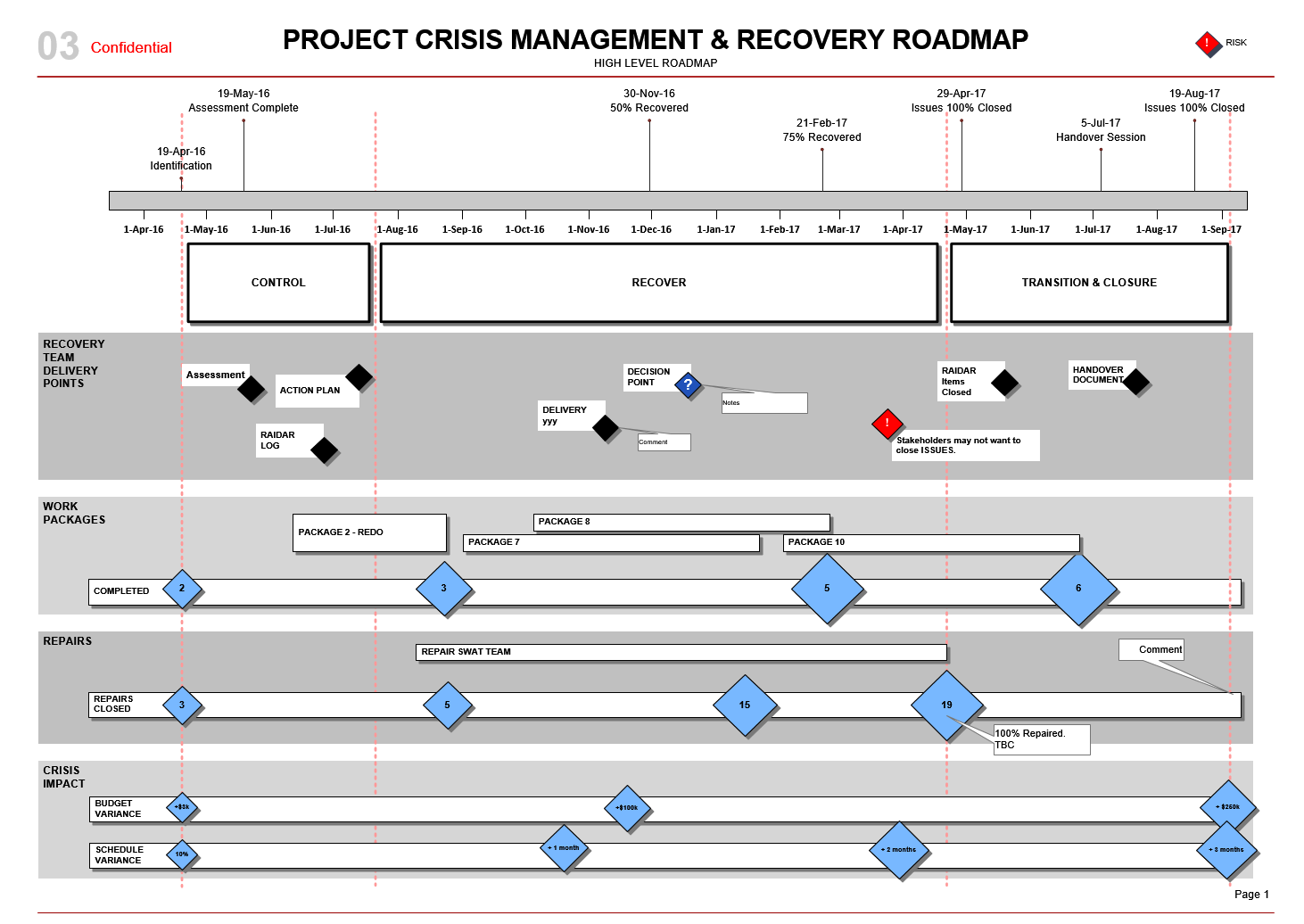Eurovision 2024: Estonia's Unexpected Italian Parody Performance

Table of Contents
H2: The Performance Itself: A Deep Dive into the Italian Stereotypes
Estonia's Eurovision 2024 performance was a masterclass in playful satire. The Estonian artist, [Insert Artist's Name Here], took to the stage in a flamboyant, brightly colored suit reminiscent of classic Italian tailoring, albeit slightly exaggerated. The choreography featured exaggerated hand gestures and passionate expressions, immediately establishing the Italian theme. The music itself was a cheeky blend of upbeat tempo, reminiscent of many successful Italian Eurovision entries, punctuated by operatic flourishes and soaring vocals that bordered on caricature.
The song's lyrics, while ostensibly about [Insert Song Theme Here], were cleverly interwoven with playful references to classic Italian stereotypes. The performance included:
- Use of specific Italian musical tropes: The song incorporated elements of traditional Italian folk music blended with modern pop sensibilities, creating a unique and memorable sound.
- Over-the-top gestures and expressions: The artist's performance was full of dramatic hand gestures, passionate expressions, and theatrical movements that amplified the comedic effect.
- Inclusion of common Italian phrases or words: Clever use of Italian phrases and words within the lyrics added to the authenticity (or lack thereof) of the parody, enhancing the comedic effect for those familiar with the language.
H2: Audience and Critic Reaction: A Spectrum of Opinions
The reaction to Estonia's Italian Eurovision parody was, to say the least, varied. While some viewers found the performance brilliantly funny and innovative, others criticized it as being too reliant on stereotypes or lacking in genuine artistic merit. Social media exploded with a mixture of praise and criticism, turning the Estonian entry into a trending topic.
- Examples of positive comments and praise: Many praised the performance's originality, comedic timing, and the artist's confidence in delivering such a bold concept. Comments included phrases like "hilarious," "refreshing," and "a breath of fresh air for Eurovision."
- Examples of criticism or negative feedback: Critics argued that the performance relied too heavily on tired stereotypes, potentially perpetuating harmful clichés. Others felt the song itself was weak, regardless of the comedic performance.
- Mentions of online memes and viral moments: The performance quickly became meme fodder, with numerous clips and still images circulating online, highlighting specific comedic moments and quotable lines from the song.
H2: The Strategy Behind the Parody: A Calculated Risk?
Estonia's choice to submit a comedic parody to Eurovision 2024 was undoubtedly a calculated risk. In a competition often dominated by power ballads and polished pop anthems, a satirical performance stands out. The strategy aimed to:
- Possible goals of the performance: Gaining significant attention was a primary goal. By creating a memorable and controversial performance, Estonia ensured its entry would be discussed widely, regardless of its placement in the rankings. Subverting expectations and injecting humor into the competition were also clear goals.
- Assessment of the risk involved in such a bold choice: The risk was considerable. A poorly executed parody could have backfired spectacularly, leading to harsh criticism and poor results. However, the performance's execution suggests a calculated understanding of the Eurovision audience and its willingness to embrace the unexpected.
- Comparison with similar successful or unsuccessful Eurovision entries: While other Eurovision entries have incorporated humor, few have adopted a full-fledged parody approach as overtly as Estonia. The success of this strategy is yet to be fully determined, but it has undeniably generated buzz and discussion.
H3: The Future of Eurovision: Will We See More Parodies?
Estonia's performance has raised an important question: will we see more parodies and unconventional performances at future Eurovision contests? The success (or failure) of this entry will undoubtedly influence other participating countries' strategies. The changing landscape of Eurovision suggests a growing appetite for originality and performances that break away from traditional norms. The acceptance of this bold, unconventional entry might pave the way for future artists to experiment with more playful and satirical approaches.
3. Conclusion:
Estonia's Eurovision 2024 entry, a daring parody of Italian Eurovision clichés, has undeniably left its mark on the competition. The performance sparked significant debate, demonstrating the potential for both risk and reward in embracing unconventional approaches. The reaction, both positive and negative, highlights the evolving nature of Eurovision and its audience.
Did you catch Estonia's unexpected Italian Eurovision parody? Share your thoughts and opinions on this memorable performance in the comments below! Let’s discuss the impact of this bold Eurovision 2024 entry and whether we'll see more creative parodies in the years to come. #Eurovision2024 #EstoniaEurovision #EurovisionParody #ItalianEurovisionParody #UnexpectedEurovisionPerformance

Featured Posts
-
 Indulge Your Senses Lindts Central London Chocolate Experience
May 14, 2025
Indulge Your Senses Lindts Central London Chocolate Experience
May 14, 2025 -
 Maya Jamas Golden Grecian Inspired Look Dress Details And Style Inspiration
May 14, 2025
Maya Jamas Golden Grecian Inspired Look Dress Details And Style Inspiration
May 14, 2025 -
 Insider Claims Kanye West Controls Bianca Censoris Life
May 14, 2025
Insider Claims Kanye West Controls Bianca Censoris Life
May 14, 2025 -
 Review Nonna A Feel Good Old Fashioned Comedy
May 14, 2025
Review Nonna A Feel Good Old Fashioned Comedy
May 14, 2025 -
 Haitis Third Airport A Development Project In A Crisis Zone
May 14, 2025
Haitis Third Airport A Development Project In A Crisis Zone
May 14, 2025
